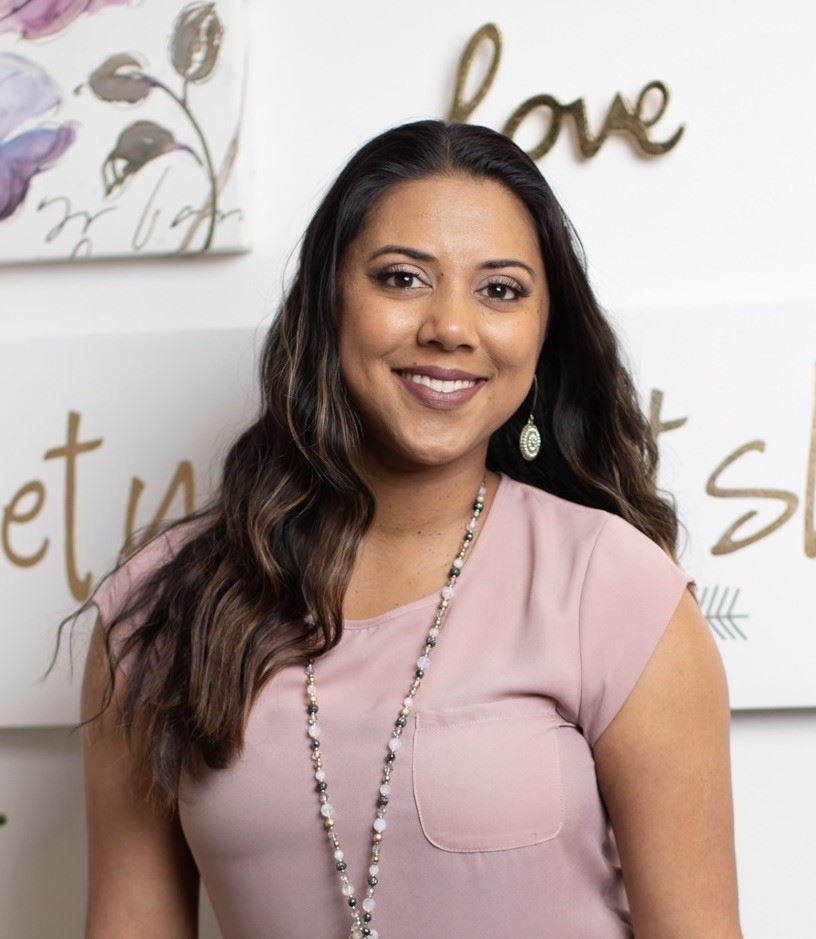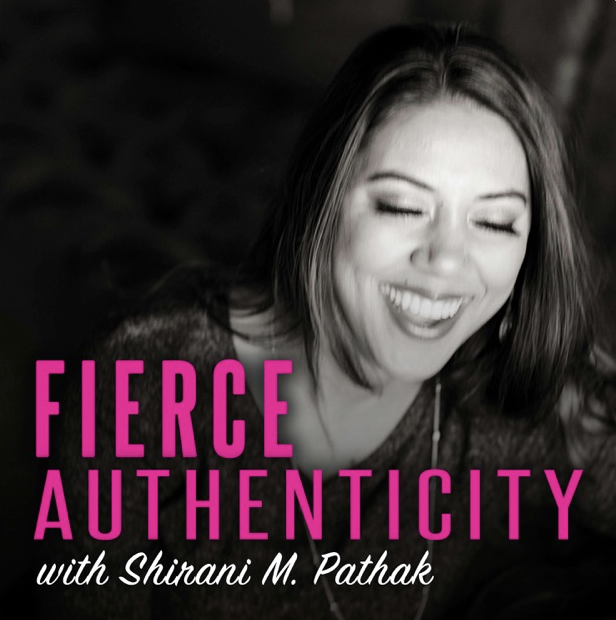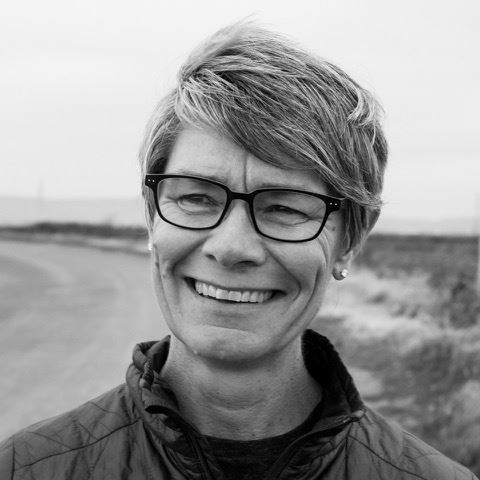 back to Fall 2020 Newsletter
back to Fall 2020 Newsletter
Interview with Shirani M. Pathak, LCSW
Questions submitted by Rowena Dodson, LMFT, Director-at-Large
Shirani M. Pathak, LCSW, has been a licensed therapist since 2012. She identifies as a psychotherapist and spiritual healer. Shirani founded the Center for Soulful Relationships where she offers psychotherapy and coaching services, and specializes in couples.
Rowena: Tell us about your Center for Soulful Relationships. How did you come up with this name, especially the soulful part? How does this soulful express itself in your work with couples?
Shirani: My specialty is relationship therapy, and at the Center for Soulful Relationships, I work with individuals and couples offering counseling intensives and retreats. Of course, right now due to COVID, all of my services are held virtually, and it’s amazing to me how powerful this work is—even in the virtual format.
As for how I came up with the name, a large part of what I experienced growing up and also being an adult, was to disown the parts of myself that were connected with intuitive wisdom. I come from a lineage of women intuitives and healers, but, due to colonization and the effects of colonization, I had been taught to fear these intuitive parts of myself. Part of my own personal liberation and reclamation work has been to take ownership of my intuitive abilities (which I believe we all have access to).
Prior to doing my reclamation work, my practice was called the Relationship Center of Silicon Valley. There came a point in my own healing when I knew my work was meant to have a broader reach than just Silicon Valley, and one day my practice’s new name, The Center for Soulful Relationships, literally dropped into my awareness and it felt so right.
As a matter of fact, only recently did I learn one of the origins of the word soulful is expressing deep feelings and emotions. And, the work I facilitate in my counseling intensives is definitely deep and feeling-ful! Not only that, by helping clients access their deep feelings in relationship with one another, and by both witnessing and being witnessed in this profoundly intimate personal work, they are actually able to create lasting change within themselves and their relationship. It truly is magical to watch.
R: When working with couples, what treatment approach do you use and what does that look like in your work?
S: Though I am trained in many different modalities, my favorite modality for working with couples is Relational Life Therapy (RLT), developed by Terry Real. My style is quite active and directive so when I learned about Terry and his work, it felt like the perfect match! I am an advanced RLT practitioner and my favorite parts of the work are doing family of origin work.
A large part of my 2-day couples intensives is focused on family of origin and the relational wounds clients have been carrying (and repeating) for most of their lives. Holding space and facilitating the healing of years of relational pain, in the presence of their partner, is one of the most amazing experiences. Light bulbs start to turn on, partners start to realize the pain their partner has been carrying, and when they do their own part of the work, they realize how they have been contributing to perpetuating the pain.
When we love one another, we don’t want to hurt one another, and when couples realize WHY they engage in the behaviors they do and how it hurts their partner and repeats the pain they’ve carried their whole lives, they want to change. People want to do better. We can’t actually do better until we understand why it is that we do what we do.
R: What kinds of issues are you seeing couples struggling with right now in this time of COVID and the wave of protests for racial justice in the US?
S: Most of my couples have the privilege of being able to work from home and have done the work of understanding themselves and their partners, which actually makes them much better equipped for handling the current COVID situation. While most other couples are nit-picking and nagging at each other, my couples have developed the tools and understanding they need to see this time through.
As for the protests for racial justice and how it has been impacting my couples, that’s been a mixed bag. For some, this is nothing new. They’ve been living with it their whole lives, they just want to learn how to live in Black or Brown joy while letting the people who created this mess clean it up. For other couples, they’re waking up to the realities of what raising Black and Brown bi-racial kids in America means on a whole new level.
R: You very specifically reach out to couples of color—to Black, Indigenous, and People of Color (BIPOC) and those partnered with them on your Center for Soulful Relationships website. Can you talk more about this work? Are there issues that might be unique to couples of color and interracial couples that White couples do not face?
S: "Cultural competence", which we are taught in grad school, is one of the most flawed phrases out there, and very much comes from the lens of supremacy culture. We need to learn about cultural humility. I will never be competent in a culture that is not mine. I need to learn what are the challenges people of different cultures and ethnicities face. What challenges are unique to them because of the color of their skin, or the texture of their hair, or even their name? I need to educate myself on these things and also be open to hearing directly from each client and their experience. I cannot presume that I know another’s experience just because I’ve done some learning on the challenges and issues they face as whatever group of people they belong to. I need to take what I learn and use it to inform my work with each person, not assume that I know their experience. A great book for me was So You Want to Talk About Race, written by Ijeoma Oluo. I highly recommend everyone in the mental health field read it.
R: Are there differences in how you work with White couples vs. BIPOC couples?
S: The only difference in my work with White couples vs. BIPOC couples is recognizing the lens each of them sees the world though. White people, due to the systems that have been created, live their lives through the lens of supremacy. Black and Brown people, through the lens of colonization and enslavement. I have to keep each of these in mind and consider the lens I’m speaking to and through. Where it gets real fun is working with interracial couples or even multicultural couples, because I need to keep in mind the lens each partner is operating from.
R: What has been your own personal journey in becoming competent in working with clients who are racially, ethnically, or culturally different from you?
S: Growing up as a Brown immigrant woman, I thought I knew all there was to know about race, racism, and the racial injustices we see every day. I had myself been discriminated against, ridiculed and bullied ever since the time I was in elementary school—even though I went to a school that was filled with predominantly Black and Brown kids. I often wondered why teachers, librarians, and even the playground monitor never stopped the kids who were being mean. I went through life either trying to hide, or simply fit in. Telling my story today is a privilege and an honor, so thank you Rowena, for inviting me to this interview.
In grad school when I learned about “cultural competence” I again bought into the belief that I now knew what I needed to know about working with people of different cultures. It wasn’t until I read So You Want to Talk About Race that I realized how wrong I was. After reading that book I actually apologized to clients and even friends and colleagues about the micro-aggressions I had inadvertently perpetuated because I thought I was “culturally competent” rather than culturally humble. That was truly humbling and a game changer in my work. I think my work has only gotten richer since then.
R: Have you had any mentors in this work? What have you found to be most important to you? Do you have a consult group or someone you consult with?
S: For the therapy side of my work, Terry Real’s mentorship program is where I hone in my couples therapy skills. I also pull heavily from mentorship work I’ve personally done with Keri Nola, a retired therapist and mentor for other therapists and healers. For the racial healing and anti-oppression side of my work, I’ve been learning from Milagros Phillips, Robyn Mourning, and Andrea Ranae.
R: If I might ask, how have your own experiences as a woman of color shaped who you are as a therapist and the work that you do?
S: Connecting with my intuition, doing my own personal liberation work and reclaiming parts of myself, along with actively participating in dismantling the effects of colonization within me and in the way that I work, have taken me to whole new depths (and heights) in my work as a therapist and also as a healer in this world. I get to bring all of me to my client work, and my couples love that I get to be human with them, as opposed to some expert in a hierarchical (and incredibly damaging) relationship with them.
R: Anything else you’d like to share that I didn’t specifically ask?
S: As mental health professionals you are entrusted with the well-being of those who work with you. Get out of supremacy culture by thinking that you are “culturally competent” and get into cultural humility. Read the book So You Want to Talk About Race. Take advantage of the many trainings that are being offered as a result of the uprising we are in. And actively do your own personal work of dismantling supremacy culture, or the effects of colonization or enslavement within yourself. I have a podcast, called Fierce Authenticity, where I am sharing what I’m learning and I invite you to have a listen, too.

To learn more about the Center for Soulful Relationships visit www.CenterforSoulfulRelationships.com. Shirani is also the author of Fierce Authenticity: Show Up. Be Seen. Get Love, self-published, and has a podcast also called Fierce Authenticity.
 Rowena Dodson is on the SCV-CAMFT News committee, and has been a licensed therapist since 2016. She has a private practice in Mountain View, and works as a per diem therapist at El Camino Hospital adult outpatient behavioral programs. Her emphasis has been on helping adult clients find their voice and their power to shape the lives they want. She can be reached at director-at-large@scv-camft.org.
Rowena Dodson is on the SCV-CAMFT News committee, and has been a licensed therapist since 2016. She has a private practice in Mountain View, and works as a per diem therapist at El Camino Hospital adult outpatient behavioral programs. Her emphasis has been on helping adult clients find their voice and their power to shape the lives they want. She can be reached at director-at-large@scv-camft.org.
References
Oluo, I. (2019). So you want to talk about race. New York, NY: Hachette Book Group.
back to Fall 2020 Newsletter
